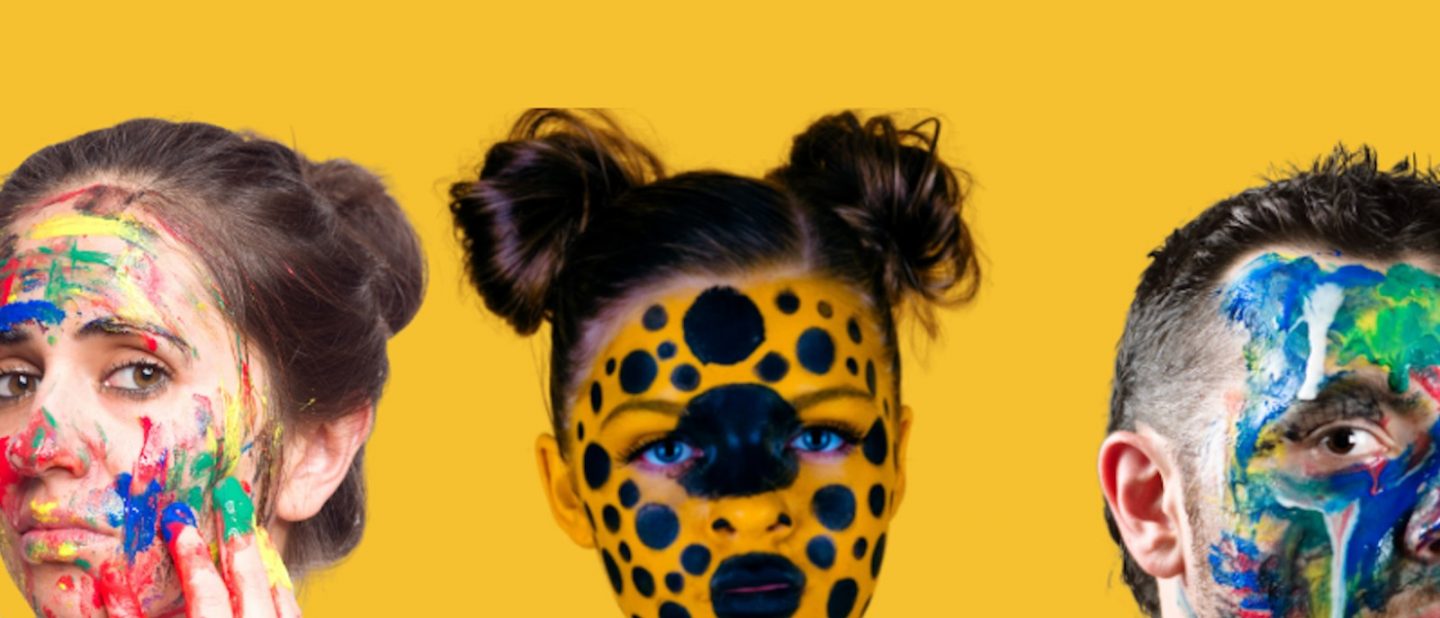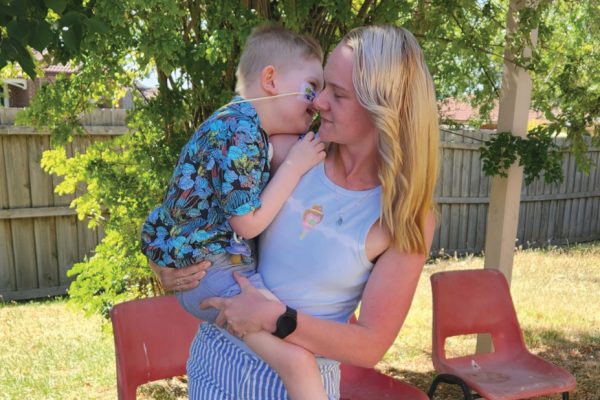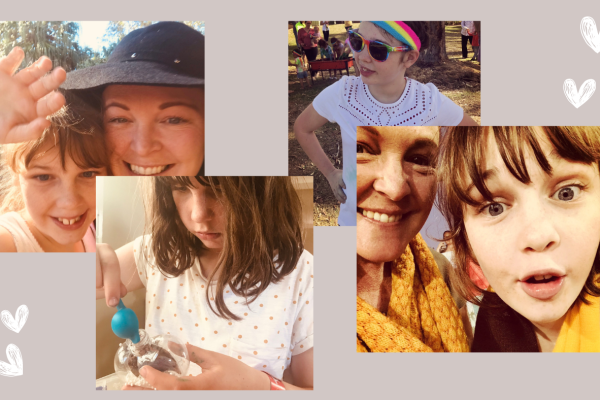
What is the Childhood Dementia Initiative?
By Rachel Williams
The Childhood Dementia Initiative was established in 2020 to transform research, care and quality of life for the 700,000 children with dementia across the world.
CDI’s Care and Quality of Life Head of Services, Gail Hilton, says it’s estimated that one in 2800 babies are born with a disorder that causes childhood dementia, making is as common as Cystic Fibrosis and at similar levels to Motor Neurone Disease.
“Sadly, for most children, dementia is a life-limiting condition. Some will die in infancy, while others will experience many years of progressive disability and die in their teens or early adult years,” Gail explains.
“Damage to the brain caused by childhood dementia initially leads to similar sorts of problems that we see in adult dementia, like loss of memory and poor concentration.
“With time, it affects the body’s ability to carry out essential functions. That’s because the brain controls our bodies and the systems essential to life like breathing, pumping blood through the body, moving muscles and digesting food.”
There are over 70 rare genetic disorders that cause childhood dementia but less than 5 per cent have widely-available treatments that can greatly improve life expectancy.
“Average life expectancy is 28 years,” Gail reports.
“Sadly, for 75% of children with dementia, it is much lower at just 18 years or less.”
Gails says that finding a diagnosis can be a long process.
“Children are usually diagnosed following tests by a specialist team at a children’s hospital. If a parent is concerned their child is showing signs of dementia, it’s best to first connect with a GP who will make a referral for further investigation,” she suggests.
“Of course, it’s not just children who suffer. Families watch their children slowly die and face many challenges including grief, isolation, stress, depression and anxiety, sleep deprivation, misdiagnoses and financial instability to name a few.
“There are approximately 8,750 household members in Australia who are affected by childhood dementia. Worldwide, that figure is estimated to be 3,143,000.”
Gail explains the goals of the Childhood Dementia Initiative are to raise awareness and understanding, improve care and quality of life and fast-track effective treatments for diagnosed children.
“The brilliant minds and technologies that can find cures exist. What’s missing is awareness, collaboration and action. Until now, the 70+ rare genetic disorders that cause dementia have been researched individually and in isolation. It’s time to change this. We exist to encourage the research world to think differently and leverage and share research data, infrastructure, equipment and expertise across disorders,” she says.
“There are a number of gene therapies for childhood dementia disorders currently being investigated in ongoing clinical trials. Preliminary data from some of these studies is promising, however, regulatory approval has not yet been granted for any of these therapies. These are high-cost therapies that are very specific to certain genetic changes so we are advocating for the sharing of infrastructure and expertise to to ensure progress continues and that we see positive outcomes for patients as soon as possible.”
Symptoms vary and every child’s experience with dementia is unique. They share many similarities with the hallmark features of adult-onset dementia, including…
• Memory loss and learning difficulties;
• Decline in cognitive ability;
• Problems with attention and concentration; • Problems with thinking and reasoning;
• Confusion and disorientation;
• Uncooperative and disruptive behaviour;
• Wandering and restlessness;
• Emotional disturbance including anxiety, fear and panic attacks.
Personality and behavioural changes which can include aggression, irritability, and hyperactivity…
• Sleep disturbance which is often severe; • Deterioration of social skills;
• Psychosis including hallucinations; – Loss of speech;
– and, incontinence.
To learn more and find out how you can help visit childhooddementia.org






